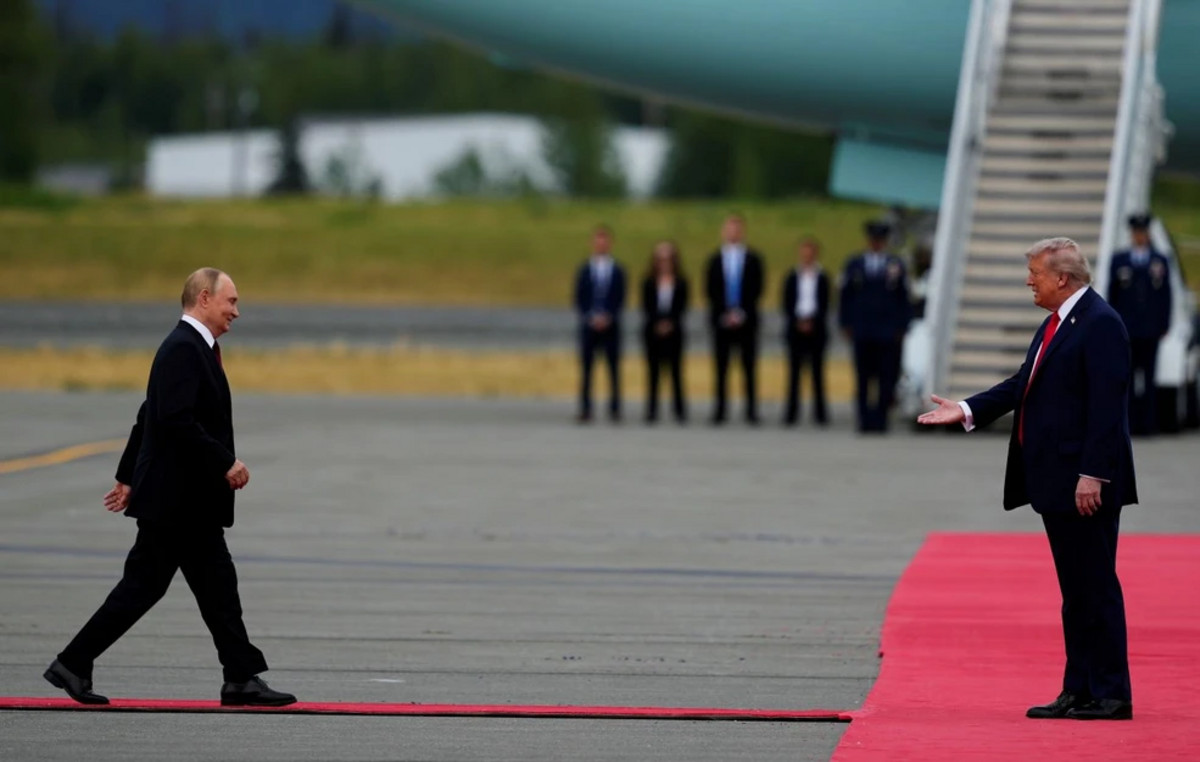Wall Street indexes changed slightly on Wednesday, with investors now looking to the end of the two-day meeting of the Federal Reserve, after which the US Federal Reserve is expected to announce the second consecutive increase in interest rates. and even by 50 basis points, for the first time since 2000.
In particular, the Dow Jones industrial average adds 80.89 points or 0.24% and stands at 33,209.68 points, the broader S&P 500 falls marginally to 4,172.30 points (-0.08%), while the technology Nasdaq notes losses 77.68 points or 0.62%, at 12,486.08 points.
Investors are on hold for the Fed’s announcements since Tuesday, when the indexes also moved slightly higher with the Dow Jones adding just 0.2%, the S&P 500 gaining 0.5% and the Nasdaq up 0%. , 2%.
In addition to raising interest rates by half a percentage point, the Fed is expected to announce a “quantitative easing” of its balance sheet, which has risen to nearly $ 9 trillion as a result of budget support measures to tackle the economic impact of the coronavirus pandemic. The announcement of the Federal Open Market Committee (FOMC) will be made public at 21:00 Greek time, followed at 21:30 by the standard press conference of Fed President Jerome Powell, who is expected to give a picture and for the next moves of the US Federal Reserve.
Analysts and economists estimate that Powell will use a milder rhetoric, compared to the recent time when Federal Bank officials are talking about the need for more aggressive moves, because there are fears that the rapid tightening of monetary policy could undermine the recovery of the US economy, even leading to a recession.
“With the tightening of economic conditions ahead of the Fed’s decision on interest rates, the Fed could be more lenient,” Saxo Bank’s strategic analysis team said in a note to its clients, according to Saxo strategists. “Since the last meeting of the Fed, the yield on US 10-year bonds has climbed over 3%, for the first time since 2018, the dollar has recorded a rally of 5%, the S&P 500 has slipped by 8.74%, while hedge funds report has fallen to a low of 1.5 years “.
A softer rhetoric from the Fed could fuel a short-term rally for tech and stock stocks that have been hit hard in recent times, Saxo analysts say. However, they added: “We have to keep in mind that the long-term outlook is still very downward, in the medium and long term, as the Fed will deduct $ 1 trillion a year from the system and the economy is expected to slow.”
The discouraging economic data announced earlier on the US trade deficit and new jobs also point in this direction.
In particular, the US trade deficit jumped 22% in March and exceeded $ 100 billion for the first time in history, reflecting the increased appetite of consumers for foreign goods, but also higher prices for oil and other products in the middle of surge in inflation.
In particular, the trade deficit rose to $ 109.8 billion from $ 89.8 billion last month. Analysts’ average estimates in a Wall Street Journal poll put the deficit at $ 106.7 billion.
Meanwhile, US private-sector job growth was lower than expected in April. In particular, US companies added another 247,000 jobs last month, according to the ADP Research Institute. Analysts’ average estimates in a Reuters poll put the figure at 395,000 last month.
On the business “front”, Lyft’s title is 30% “dip”, after the announcement of the quarterly results, with its figures exceeding the market estimates but with its estimates for profits and sales disappointing the analysts.
On the other hand, Airbnb shares gained more than 6% after the announcement of better-than-expected results, while the Starbucks title jumped more than 7%, announcing quarterly results depending on estimates due to rising costs and inflation. with the CEO of the company however noting that the demand “record” helps to accelerate the development plans of the company.
Source: Capital
I am Sophia william, author of World Stock Market. I have a degree in journalism from the University of Missouri and I have worked as a reporter for several news websites. I have a passion for writing and informing people about the latest news and events happening in the world. I strive to be accurate and unbiased in my reporting, and I hope to provide readers with valuable information that they can use to make informed decisions.







